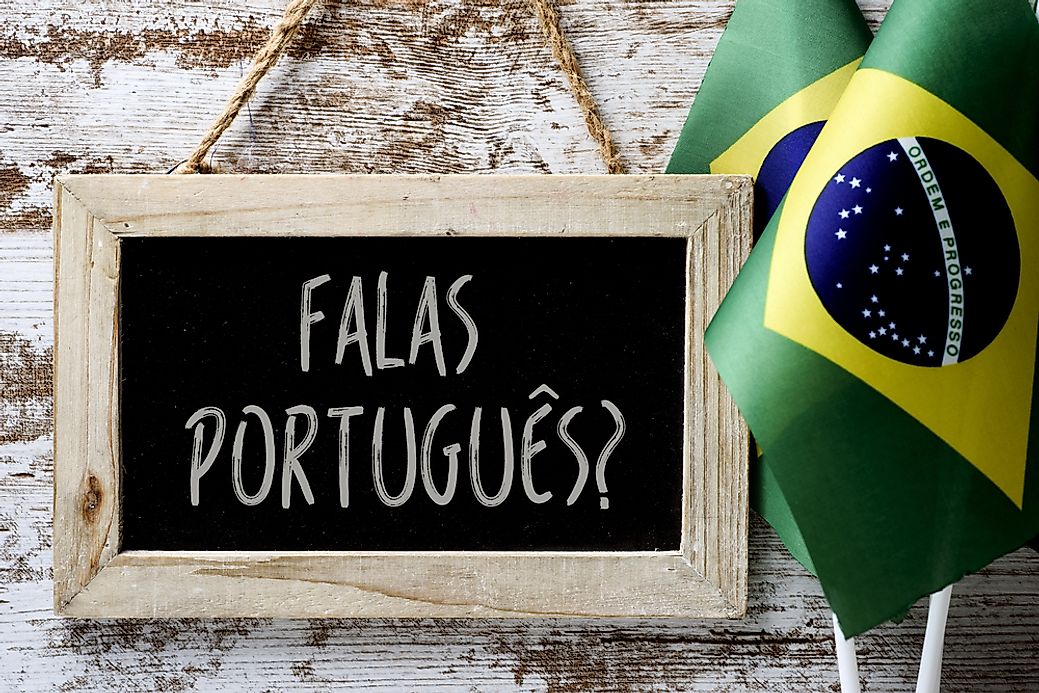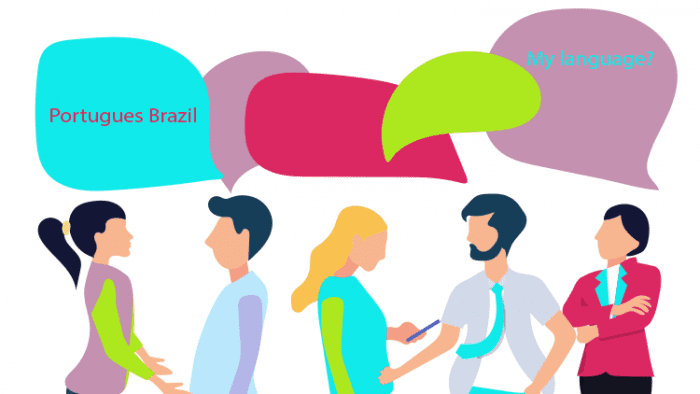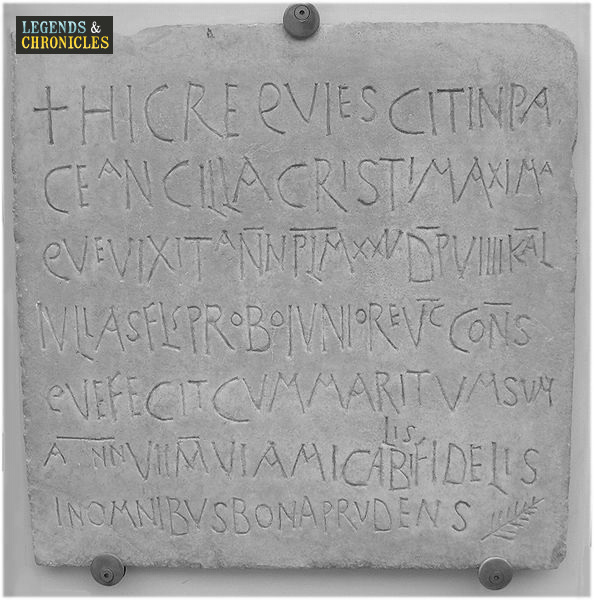What language do brazilians speak
Table of Contents
Table of Contents
From the heart of the Amazon to the bustling cities of Sao Paulo and Rio de Janeiro, Brazil is a melting pot of cultures and languages. One of the most common questions asked by tourists and language enthusiasts is “What type of language do people speak in Brazil?” Let’s dive deep into this topic and explore the fascinating language landscape of this South American country.
Pain Points Related to What Type Of Language Do People Speak In Brazil
For many travelers, navigating a foreign language can be a challenge, especially when they are not familiar with the local dialect. In Brazil, this challenge is amplified as there are several languages spoken across the country. The diverse linguistic landscape of Brazil can be overwhelming for those who are not prepared, making it difficult to communicate with locals and make the most of their trip.
Answering the Target of What Type Of Language Do People Speak In Brazil
The official language of Brazil is Portuguese, and it’s spoken by over 200 million people in the country. However, there are also many regional dialects spoken across Brazil, including Guarani, Spanish, German, Italian, and Japanese. Despite the various languages spoken, Portuguese is the primary language used in government and business, ensuring that visitors can typically rely on Portuguese to communicate when traveling in Brazil.
Summary of the Main Points
In summary, Brazil’s linguistic landscape is diverse, with different languages spoken across the country. Although Portuguese is the most commonly spoken language, visitors should expect to encounter regional dialects. It’s essential to be prepared and learn some basic Portuguese phrases to make the most of your trip and communicate with locals effectively.
What Type Of Language Do People Speak In Brazil - Explained
As someone who has traveled to Brazil several times, I’ve had firsthand experience with the linguistic landscape of the country. Although Portuguese is the primary language spoken, I’ve encountered several regional dialects that have made communication challenging at times. For example, when traveling to Rio de Janeiro, locals often use slang expressions that can be challenging to understand without some prior knowledge of the local dialect. At the same time, other areas of the country may be more welcoming to non-native speakers of Portuguese. In essence, the type of language spoken in Brazil can vary depending on where you go, and it’s essential to prepare accordingly.
Learning Portuguese in Brazil
One of the best ways to prepare for a trip to Brazil is to learn some basic Portuguese phrases. There are many language schools and language exchange programs throughout Brazil that cater to foreigners looking to learn Portuguese. For those looking for a more immersive experience, homestays with local families can be an excellent way to practice Portuguese and experience Brazilian culture firsthand.
Why Brazilian Portuguese is Unique
Brazilian Portuguese has several unique features that set it apart from European Portuguese. For example, Brazilian Portuguese has a more singing-like intonation with its rising and falling rhythms, and pronunciation is more relaxed than European Portuguese. It’s an excellent opportunity for language enthusiasts to learn a new dialect and immerse themselves in Brazilian culture.
Multilingualism in Brazil
Brazil has a unique and complex language landscape due to its history of colonization and immigration. Although Portuguese is the primary language spoken, Brazil’s history has also led to dialects such as Guarani, Spanish, German, and Japanese being spoken in specific regions. These dialects are an essential part of Brazil’s cultural heritage and showcase the country’s rich linguistic diversity.
Question and Answer
Q: Is Portuguese the only language spoken in Brazil?
A: No, there are several dialects spoken across the country, including Guarani, Spanish, German, Italian, and Japanese. However, Portuguese is the primary language in Brazil.
Q: Is it necessary to learn Portuguese before traveling to Brazil?
A: It’s not necessary, but it’s advisable to learn some basic Portuguese phrases as it will make communication easier, especially outside of tourist areas.
Q: Is Brazilian Portuguese different from European Portuguese?
A: Yes, Brazilian Portuguese has several unique features that set it apart from European Portuguese. For example, Brazilians use more slang expressions, and the intonation of the language is more singing-like, with rising and falling rhythms.
Q: How can I learn Portuguese in Brazil?
A: There are many language schools and language exchange programs throughout Brazil, and homestays with local families can be an excellent way to learn Portuguese and experience Brazilian culture firsthand.
Conclusion of What Type Of Language Do People Speak In Brazil
Brazil is a country rich in culture and diverse in languages. While Portuguese is the primary language spoken, visitors should expect to encounter regional dialects. By learning some basic Portuguese phrases and preparing for the different dialects, visitors can make the most of their trip and communicate effectively with locals. Embracing Brazil’s linguistic diversity can add an exciting and memorable aspect to your trip, and who knows, you might even leave with a newfound appreciation for the Portuguese language.
Gallery
What Languages Are Spoken In Brazil? - WorldAtlas.com

Photo Credit by: bing.com / brazil spoken portuguese languages language official most english worldatlas learn easiest el speaker any spanish well portugués portugal
What Language Do Brazilians Speak

Photo Credit by: bing.com / brazilians
What Language Do They Speak In Brazil? | Brazilian Gringo

Photo Credit by: bing.com /
What Languages Are Spoken In Brazil? | CCJK

Photo Credit by: bing.com / spoken ccjk olson
Which Are The Most Spoken Languages In Brazil?

Photo Credit by: bing.com / spoken babbel geography portion diversity







